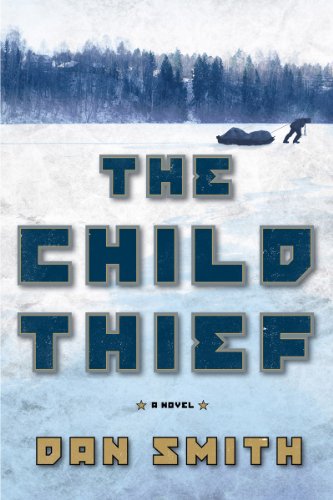The Child Thief
In the winter of 1930, the inhabitants of Vyriv, a tiny village in the western Ukraine, wait uneasily for the Red Army advancing across the country, pillaging villages and taking “volunteers” for work camps. Luka, a weary war veteran, only wants to protect his family and his farm from Stalin’s reach, and he prays that the army will ride right past the hollow in the steppes where Vyriv lies hidden. When someone does arrive, it’s an exhausted stranger pulling a sled with a grisly cargo. The anxious villagers react with fear, thinking to save themselves, only to find that the opposite has happened. In the chaos, a child has vanished.
Luka, former army sharpshooter and expert tracker, sets off across the frozen steppes with his teenaged sons after the child and the one who took her. One son is guilt-ridden over the child’s disappearance, the other vengeful. But the thief is playing a more sinister game, with the child as his bait. Luka must learn to trust in his skills and the strengths of his two sons as they evade the advancing Soviets and attempt to beat the child thief at his own game.
The Child Thief is a taut, smart thriller and, as might be expected from the premise, uncomfortable. But it is more than just the chilling hunt for a kidnapper. Luka’s search dredges up a lost feeling of excitement from his army days, and an accompanying feeling of unease. He’s never fully recovered mentally from war and suspects that his quarry might be as jagged. The Child Thief offers up a tense pace and nervous twists, but it’s emotionally satisfying. Beyond its obvious thriller qualities, it’s a story about fathers and sons, about the aftereffects of war, and about a ruthless and unforgiving slice of history. Highly recommended.










